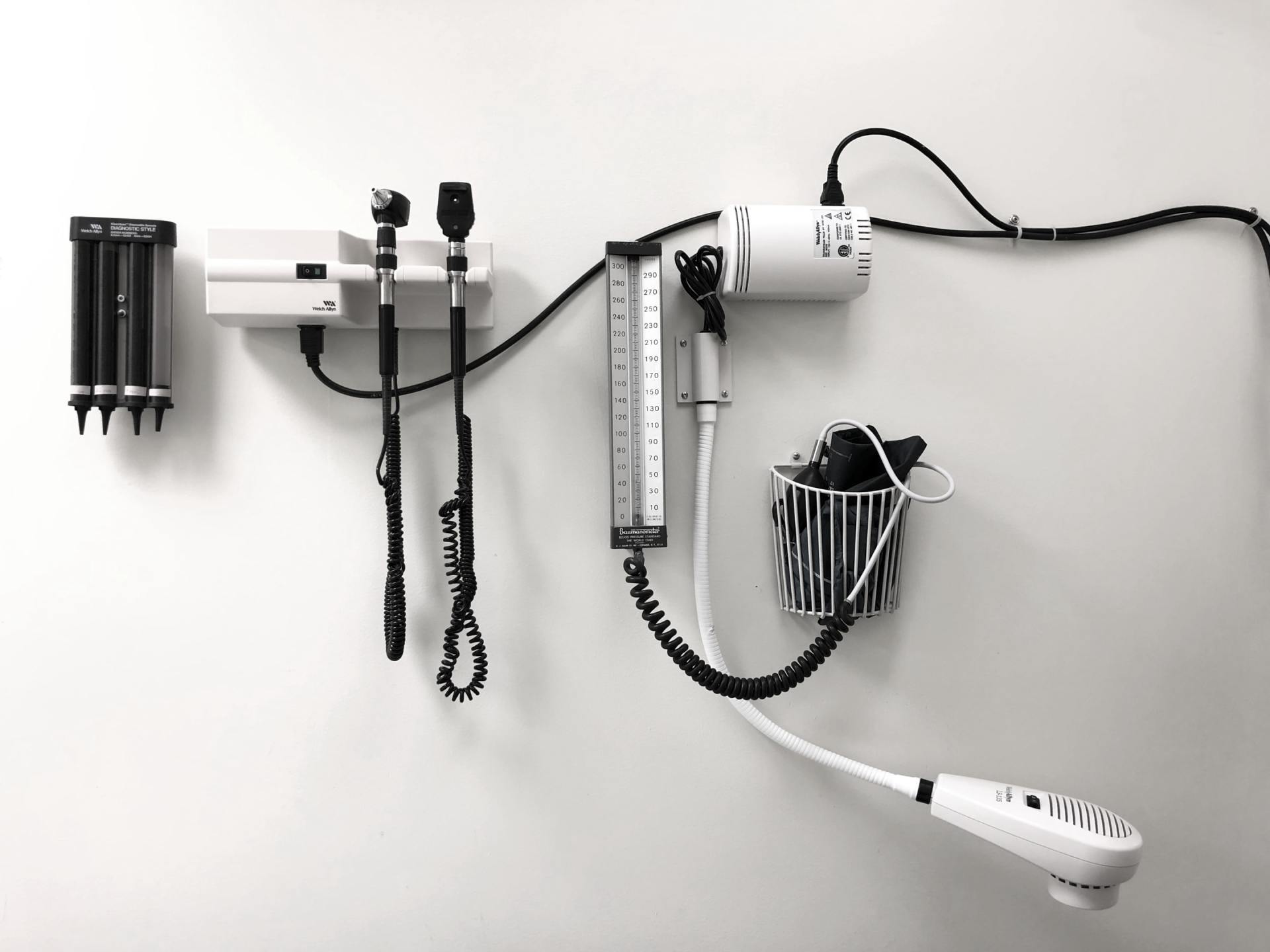Statistics of stress:
- Seventy to eighty percent of all visits to the doctor are for stress-related illnesses
- People who experience heightened levels of anxiety are 4 – 5 times more likely to
- have a fatal heart attack or stroke
- 50 percent of all illnesses are caused by stress
- During the past 10 years, stress-related, on-the-job injuries have increased from 5 to 15 percent.
- 70 percent of people surveyed said they felt stressed in a typical day at work.
- 43 percent surveyed said they suffered noticeable physical symptoms of burnout.
Some areas of life that can cause stress are:
- One’s job
- Money
- Relationships
- Children
- Wrong diet for one’s type
- Pharmaceuticals
- Hidden internal stress from malfunctions
- Hidden internal stress from pathogens and environmental toxins
- Hidden internal stress from food sensitivities
To avoid stress you would need to avoid life
One of the world’s early researchers on stress, Dr. Hans Selye, M.D., documented three stages a person goes through in response to situations in life:
1. The Alarm Stage
A. The body goes into a flight or fight mechanism in response to a situation in life. For example, a police i. car behind you puts on its siren
B. The Resistance Stage
The body either adapts to the threat or successfully resists it and returns to
normal. As in the earlier example: You slow down, the police car passes and you relax. However, let’s suppose the police car pulls you over and the officer orders you to appear in court in 2 weeks. For the next 2 weeks you worry, and it’s this prolonged stress that pushes you into the exhaustion stage
ii. The Exhaustion Stage
Your body fails to return to normal as in Stage B. This can occur from a prolonged upsetting experience, lowered body resistance, or some form of body malfunction. In the exhaustion stage, your nervous system overreacts by continuously reacting as if your body has to run away or fight.
This heightened neurological response (stress) causes certain hormones to be released from the adrenal glands. These adrenal hormones, continuously released over time, can destroy your health.
One adrenal hormone is called adrenalin. It gives you a boost of energy and causes the heart to beat harder in order to increase circulation. Over time this can cause heart disease and/or high blood pressure.
Your body secretes another hormone called noradrenalin. This hormone stops digestion by moving the blood from the abdomen to the arms and legs. Over time, this can cause many types of digestive troubles.
The adrenal glands also release cortisol when under stress. Cortisol slows down your immune system allowing your body to concentrate on fighting or running away from the source of stress. This lowers your resistance to disease. This hormone can also cause fatigue, weight gain, problems with sleep and a reduced immune system.
Cortisol (because it breaks down fat into sugar) gives you energy all day long. When this hormone is out of balance, you become not only fatigued, but you can begin to have problems with your weight.
The final hormone released by the adrenal glands is DHEA. This hormone controls the estrogen reserves of the body, as well as the balance of progesterone and testosterone. When this hormone is abnormal you can get PMS or menopausal symptoms.
Adrenal Function Screen 1
One way to test for weak adrenal glands is to have you sit down and then take your blood pressure. Leaving the blood pressure cuff in place, you would stand up and immediately have your blood pressure taken again. Your blood pressure should rise 5 points or more. If it rises less than 5 points or drops below the original blood pressure amount, it is indicative of an adrenal gland problem.
Adrenal Function Screen 2
Another test is called the Paradoxical Pupillary Response. Your pupil should become smaller and remain smaller with light continuously shined in it for 30 seconds. If it does not stay closed, it can indicate weak adrenal glands.
The primary symptoms of stress are:
- Headaches
- Fatigue
- Pain and tension in the neck, shoulders or low back
- Irritability
- Sleep problems
- Allergies and sinus
- problems and/or
- Digestive trouble
It’s never normal to have a symptom. A symptom is your body’s way of communicating to you that something is not right and needs to be checked.
Would you check your car if the engine light went on? Symptoms are a warning that something is wrong. There is no such thing as a normal symptom. You would check your car to make sure it did not get worse. Your body deserves the same attention.
You have two choices regarding your health. You can do the same things you’re currently doing and get the same results, or you can try something new and do something different and get a different result.
The choice is yours
If you could get rid of your problems by doing something natural and affordable, would you do it? Let’s now look at the solutions!
There are several ways to reduce stress…
First, you can prevent your adrenal glands from becoming exhausted by removing from your diet those items that stimulate these glands. The adrenal glands are stimulated by caffeine, tobacco, sugar and foods that you are sensitive to. Obviously, reducing these substances can reduce adrenal gland exhaustion. Keep in mind that our early ancestors consumed the same amount of sugar in a year that we now consume in a day. This is why Type II Diabetes is an epidemic in America.
More importantly, an FDN can provide you with proper testing to determine which foods you are sensitive to. Talk to your FDN® about running a food sensitivity panel.
The Second method to reduce the negative effects of stress is by taking supportive supplements. The adrenal glands are specifically helped by Vitamin B complex and Vitamin C.
There are also specific substances called Pregnenolone, DHEA and Progesterone that we recommend as part of a program to restore normal adrenal gland function and hormone balance. To determine the best protocol for each individual, an FDN will assess the adrenal glands and hormone levels using the 205 Adrenal Stress Profile, Plus V (LINK) This simple to do saliva test is required to evaluate stress and hormone levels.
Once we properly assess adrenal function and hormone levels using functional lab testing, your FDN will provide a custom protocol for adrenal and hormone balancing.
Thirdly, a recent study followed 40,000 post-menopausal women for seven years. Those who regularly engaged in moderate activities had a 41 percent lower death rate than those who did not exercise.
Try going for a walk! California State University found that a 10-minute walk is enough to increase energy, alter mood, and produce a positive outlook for up to 2 hours. A seven year study by the University of Minnesota involving 12,000 men found that those who walked or did similar exercise for an average of just 20 minutes a day were 37 percent less likely to die of coronary disease than those who exercised less than that.
The Fourth solution to reduce stress is to have more fun and, believe it or not, laugh more! Research at Loma Linda University showed that comedy lowers the body’s level of stress, thereby lowering blood pressure and increasing white blood cells and your immunity.
Famed author and Pulitzer Prize winner Norman Cousins documented this in his breakthrough book Human Options: An Autobiographical Notebook. Diagnosed with the incurable disease of Ankylosing Spondylitis, Cousins checked out of the hospital and into a 5-star hotel. While there for 30 days he continuously watched Laurel & Hardy, Abbott & Costello and the Marx Brothers movies. He also took large doses of Vitamin C.
“I made the joyous discovery that ten minutes of genuine belly laughter had an anesthetic effect and would give me at least two hours of pain-free sleep,” he reported. “When the pain-killing effect of the laughter wore off, we would switch on the motion picture projector again and not infrequently, it would lead to another pain-free interval.”
At the end of 30 days he was diagnosed as cured of this “incurable” disease. Keep in mind: “By the time a child reaches nursery school, he or she will laugh about 300 times a day, while adults only laugh an average of 17 times a day.” We need to find more things to laugh about!
Since stress causes a heightened response by the nervous system, you can reduce the harmful effects of stress by taking steps to reduce tension and pressure on your nerves.
Identify and Resolve any hidden sources of stress.
As stated above food sensitivities are an enormous source of hidden stress that can be building up day after day. The wrong foods can damage the function of many organs and systems in your body, especially the digestive and detoxification systems. This damage becomes and additional source of stress on the body causing malfunction and symptoms to occur.
The FDN® protocol includes identifying maldigestion and malabsorption, excess toxicity and oxidative stress, and poor detoxification caused by eating the wrong foods and from environmental and pathogenic sources.
Your FDN® will use testing to assess any maldigestion or malabsorption issues.
Identify and Resolve any musculoskeletal and nervous system issues
Few people realize how many traumas they have had and how long-lasting the damage can be to their nervous system. The average child by the age of 13 has had hundreds or even thousands of traumas — from daily fights with brothers and sisters, to falls related to riding bicycles or skate boarding, or injuries from sports, pillow fights, roller skating, etc.
Girls often do ballet, gymnastics, roller skating, etc., all of which can cause damage to the spine and related nerves. Once given a license to drive, greater trauma occurs to the nervous system from frequent auto accident injuries
Keep in mind the average person who drives in a metropolitan area has one auto accident every 7 years. Did you know that besides neck or back pain, the primary symptoms from auto accidents include headaches, digestive troubles, anxiety and fatigue?
Stress related problems can occur after giving birth, or as a result of auto accidents, and/or after any major traumatic event. Because stress disorders can lead to depression, anxiety, sleeplessness, loss of appetite, etc., the importance of reducing the effects of damage to your nerves from all forms of trauma cannot be emphasized enough.
Trauma damages nerves through immediate injury or by misaligning segments of the spine that can cause long-lasting pressure on the delicate nerves that exist between them.
- A breakthrough study from the University of Chicago Medical School found that one single Chiropractic treatment to realign one segment of the spine could reduce blood pressure more effectively than two medications taken daily. This occurred because of a reduction of pressure on the nerves in the top of the neck.
- In another study printed in the Journal of Manipulative and Physiological Therapeutics, Chiropractic adjustments decreased the number of headache hours by 69 percent after only 2 weeks of care.
- A clinical study was done on a group of patients suffering with ulcers, comparing traditional medical care and Chiropractic care. The group receiving Chiropractic care to remove the physical pressure on nerves experienced pain relief an average of 10 days earlier than the group under medical care.
To reduce the harmful effects of stress, you should eat a healthy diet and take the correct supplements, exercise regularly, laugh more and make sure your spine and nervous system are free from misalignments.














